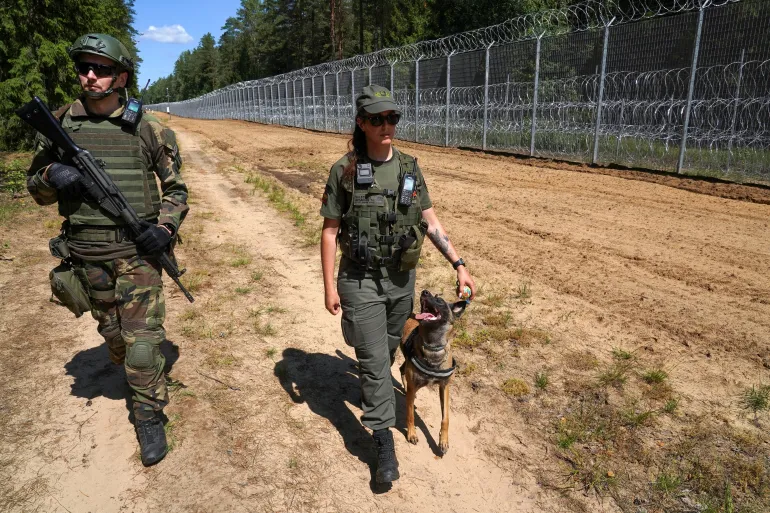Members of Lithuania’s National Security and Defense Committee (NSGK) have raised growing concerns about the security risks posed by migrant workers, calling for tighter regulations and improved screening processes. With the 2025 migrant worker quota already filled, nearly 25,000 foreign workers have entered the country this year, mainly from Central Asian nations, to work in transport, logistics, and construction.
According to Evelina Gudzinskaitė, head of the Lithuanian Migration Service, the current system of background checks is no longer adequate due to increasing security challenges. She explained that while most migrants genuinely seek employment, some reportedly form groups involved in activities considered hostile to Lithuania’s interests. Though other agencies monitor such behavior closely, the Migration Service continues internal checks within its authority.
So far, there have been no confirmed incidents suggesting that foreign workers are engaged in crimes against the state. However, lawmakers believe that the situation demands preventive action to reduce potential risks. Company owners have requested an increase in worker quotas, but committee members argue that the rapid inflow of migrant labor is already having negative impacts on social stability.
Among the proposals under review are stricter Lithuanian language proficiency requirements, more comprehensive security vetting, and enhanced data analysis to evaluate the real economic benefits of migrant labor.
Laurynas Kasčiūnas, deputy chairman of the committee and former defense minister, called for a pragmatic approach. He suggested that foreign workers should come on fixed-term contracts and leave once their jobs end, as this reduces social and cultural integration issues. “There must be a clear timeframe, safeguards, and understanding of which sector they’re coming to work in,” he said.
Statistics show that Ukrainians make up the largest group of foreign nationals in Lithuania, totaling around 80,000 people. The number of Belarusians has fallen, while there are now approximately 10,000 Russians, 10,000 Uzbeks, 8,000 Indians, and between 4,500 to 6,500 Kyrgyz and Tajik citizens residing in the country.
Committee chairman Rimantas Sinkevičius expressed concern that the growing number of migrants from Central Asia could lead to tensions due to religious and cultural differences. He warned that without immediate action, Lithuania might face bigger security problems in the future.
Despite these concerns, Lithuanian politicians emphasized the need to balance national security measures with respect for religious freedom and human rights, ensuring that any new regulations do not violate fundamental democratic principles.

